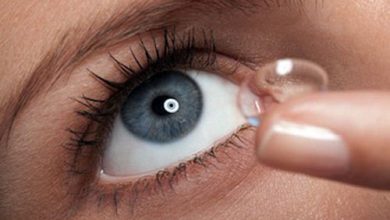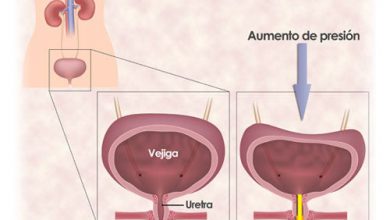Why Is Breastfeeding Important?

In addition to being beneficial for the baby, breastfeeding would also promote the health of the mother.

Why is breastfeeding important? Because it is one of the best foods that a baby can receive. This is due not only to its nutrients, but to the close bond that is created between mother and child.
Breastfeeding can be a unique and unforgettable experience that can help protect the child and the woman from contracting certain diseases.
Why is breastfeeding important for the baby?

As it is milk specifically developed for humans, it would be easier to digest than those that are presented in powder or liquid form. This is because breast milk contains lipase, an enzyme that would facilitate the baby’s digestion. In addition, it is a living, newly formed fluid that provides all the energy, vitamins and micronutrients that the child needs for proper growth.
Also, different studies have indicated that breast milk transmits passive immunity, which helps protect the baby from certain diseases. It also helps to better develop the maxillofacial muscles. This is because when you drink from your mother’s breast you need to use more force than with the bottle.
Why is breastfeeding important to the mother?

Some studies affirm that breastfeeding would help to release oxytocin, a substance that would favor the contraction of the uterus. This would lower the risk of postpartum hemorrhage.
In addition, it could also help you lose the pounds that were gained during pregnancy. This is because the accumulated fat would be used to produce milk, in the form of energy.
It is also important because it saves time and money. Breast milk is a food that is always available and ready to drink and it is not necessary to buy it. Other benefits are also the increased bond between mother and child.
Last but not least, different research suggests that breastfeeding reduces the risk of type 2 diabetes mellitus and breast and / or ovarian cancer.
More important aspects about breastfeeding
Breastfeeding should start immediately after birth. At this time, the mammary gland produces a yellow, creamy liquid called “colostrum.” It contains many proteins, vitamins, minerals, and antibodies. Only on the third or fourth day “the milk rises.” This is already white in color, more watery, and higher in fat and calories than colostrum.
From the third week, approximately, it stabilizes and is called “mature milk”. This is made up of 88% water, which in turn helps the kidneys to function properly, because the baby does not need to be hydrated with another liquid.
According to the World Health Organization, it is recommended that the exclusive breastfeeding period (without other food) is carried out until the baby is 6 months old.
Once this time has passed, it is recommended to continue (gradually incorporating other foods) until the second year of life. It is important that these foods are nutritionally adequate. Otherwise, the baby could suffer from digestive problems. Therefore, it is advisable to consult the doctor when we make this change so that he can advise us on the best alternatives.
It should be said that breastfeeding not only brings benefits for the mother and the child, but also for the family. This is because it can help strengthen emotional ties within the family. In addition, it can also have social benefits, for example ecologically, since it is a natural product.
Image courtesy of Myllissa









